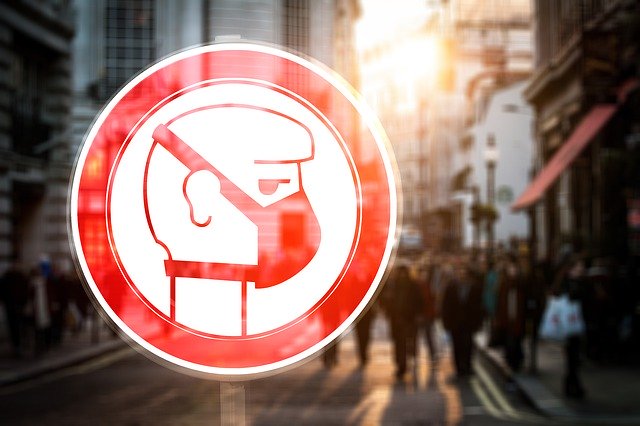Deputy Editor @ Roar News. Liberal Arts. Content creation, design, photography. Huge nature and mountain lover.
On Sunday, January 26, students accommodated in en-suite rooms at Prince George’s Park Residences (PGPR) at the National University of Singapore (NUS), were asked to move to another building, partly under refurbishment. Four blocks are now used as quarantine facilities to monitor students returning from China as a precautionary measure for the Wuhan virus (Coronavirus). Amongst the affected are a couple of King’s study abroad students, some of whom are considering going back to London.
What looked like the beginning of a great experience became a complete nightmare for some King’s study abroad students as they received an email from their residence’s management office stating they have less than 24 hours to evacuate their rooms. Students from four blocks at PGPR had to leave their en-suite, ACed rooms and move into smaller, not so well-maintained and partly under construction spaces. Due to the unexpectancy of the situation some of the rooms were in poor condition with kitchens lacking fridges and ovens, greasy showers, and insects flying around the dirtiest areas. The management office is trying their best to clean all spaces and supply everything needed. However, some students share to feel uncomfortable to have quarantined people next-door. Although the office has made it clear those have already shown negative results to the test for the Coronavirus, walking around with surgical masks is definitely not the best experience.

The new kitchen of one of King’s students
For most it is not the virus itself, but the rapid development of the situation that causes distress. Those who had to leave their rooms shared their annoyance and admit they felt mistreated due to the short-time notice, lack of options and the initial atrocious look of their new rooms. They were also told that no refunds are possible, although according to latest information, such might be given. Second-year PPE student Hamza Dhaoui shares:
“The virus itself wouldn’t be a big issue to worry about since there are currently just 4* cases in a city of 6 million people, but when you’re given 24 hours to evacuate your room because it was designated as a quarantine area, it puts you in this state of panic that every student in PGPR is facing. Hundreds of people are walking around the alleyways with suitcases and trolleys, disgusted by the state of the rooms that they were given.
“I completely understand the circumstances which led to this situation, but when you’re going to be among the worst affected by the quarantine measures, you would definitely appreciate some options and flexibility.â€
The situation left some people with no other choice, but to rely on Airbnb and hotels. Those who feel uncomfortable with remaining at PGPR have started looking for off-campus options, as they were initially told there were no rooms available at any other residence on-campus. However, some are still hopeful they would be relocated to other students’ halls, and others have decided to stay at PGPR for now.
Unfortunately, the unexpected outbreak of the contagious and potentially deadly virus, has been too stressful for some. Although most remain fairly calm, one KCL student has already returned back to London, while a few more are considering this option. Upon contacting with King’s, students were told the university is currently evaluating the situation. They were also assured that in case they felt the need to go back, they have the full right to do so but need to contact their departments for further assistance regarding module selection. Some students are still waiting for a response, while others were told that in case they go back now, they should be able to continue their studies. However, if they decide to wait for another week, there are high chances that securing modules would be impossible as they would have already missed a sufficient amount of material. Most students are still waiting for a reply and are carefully evaluating their own situation.
Meanwhile, most agree that the Singaporean government makes everything possible to contain the virus and the panic that comes with it. People are encouraged to wear surgical masks, maintain good hygiene, avoid public and crowded areas and report all suspicious symptoms.Â
*There were 4 cases when the interview was conducted. However, as of January 29 there are 10 officially confirmed cases in Singapore.












